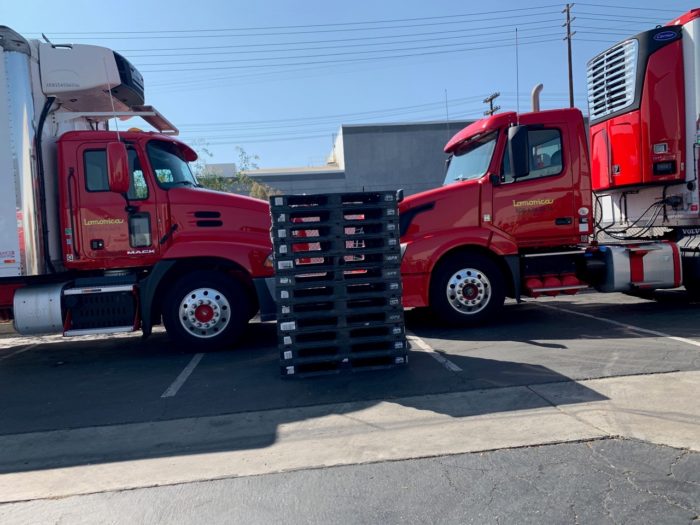Reverse logistics, or aftermarket logistics, describes an integral part of supply chain operations where materials and products must return to their point of origin for proper disposal or value recapturing. By integrating reverse logistics and sustainability, companies can reduce waste generated in the supply chain, lowering their carbon emissions and environmental footprint. This eventually improves their bottom line by saving costs through recycling and reuse.
Integrating Reverse Logistics and Sustainability In The Supply Chain

When creating a greener supply chain, resource waste reduction is the end goal. An effective reverse logistics strategy can include remanufacturing and refurbishing activities, along with recycling and reuse. By adopting reverse logistics and sustainability in business operations, companies can transition to closed-loop supply chains that benefit the bottom line. Let’s examine how two key aspects of reverse logistics—recycling and reuse—can lower a business’s carbon footprint and contribute to an environmentally-friendly supply chain.
Recycling
Business recycling is not new; companies in the consumer durables and consumer packaged goods sectors have recycled metal scraps, soft drink bottles, waste paper, and countless other waste products for decades. Yet, businesses often consider recycling to be a costly endeavor that does not increase profit margins—especially in the consumer packaged goods industry where the monetary value of product packaging is minimal.
Contrary to this popular belief, though, recycling can offer businesses a more cost-effective and immediate pathway to support supply chain sustainability than investments in research and innovation that will not yield immediate solutions. Recycling can immediately remove non-biodegradable packaging materials, such as plastic wraps, product cartons, cardboard boxes, and other items from the waste stream and prepare them for reuse in future supply chain operations.
Reuse
Supply chain waste, such as plastic, glass, aluminum, steel, and cardboard, often ends up in landfills. By transitioning to a closed-loop supply chain, businesses can eliminate processes that contribute to non-recyclable or non-reusable waste. However, the design and implementation of such processes can be time-consuming and cost-intensive. As a result, many companies delay in adopting reverse logistics and sustainability in their supply chains.
Pallet pooling offers a cost-effective way to introduce recycling and reuse in the supply chain. This streamlined approach to pallet management not only helps businesses achieve sustainable supply chain management but improves warehouse productivity.
Pooling Plastic Pallets to Create a Greener Supply Chain

Though wood block pallets are widely used in supply chain operations, they do not contribute significantly to supply chain waste reduction. Once introduced in the supply chain, multi-use wood pallets have a limited lifespan of 15-20 trips. After this period, replacement pallets lead to more deforestation and global warmingConsequently, wood block pallets are not the best choice when implementing reverse logistics and sustainability in the supply chain.
Plastic Pallets—An Example of Recycling and Reuse
Unlike wood pallets, high-quality plastic pallets can help create a sustainable supply chain. Plastic pallets are up to 35 percent lighter than typical multi-use wood pallets and help to decrease fuel consumption and reduce carbon emissions during transport. Additionally, plastic pallets are more durable than wood pallets, as each pallet can make an average of 100 trips across the supply chain. And after 100 trips, plastic pallets can be recycled into “new” pallets and reintroduced into the supply chain.
In any supply chain, waste generation is inevitable. However, by focusing on reverse logistics and sustainability through measures such as plastic pallet pooling, companies can leverage their supply chain to generate cost savings while creating a more sustainable environment.
Pooled iGPS pallets can help you implement reverse logistics and sustainability in the supply chain. To learn more about our eco-friendly shipping platforms, give our team a call at 1-800-884-0225, email a specialist at switch@igps.net, or visit our contact page.



